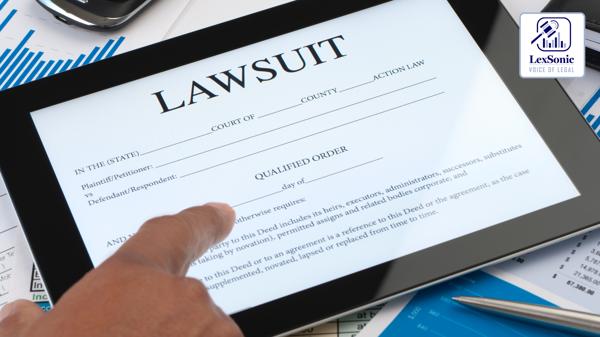High Court Observation Struck Down in Special Leave Petition.
22 July 2024
Civil Suits >> Civil & Consumer Law
In a recent decision of Satyanarayana Raju Datla v/s Mannem Lokanadha Raju & Others, the Supreme Court has addressed concerns arising from a High Court order that had implications for a petitioner challenging a ruling. The case involves a petitioner who had sought relief through a writ petition but was directed to pursue an alternate remedy before the Debts Recovery Appellate Tribunal.
The High Court had previously dismissed the writ petition, citing the existence of an alternative legal remedy as the reason for not entertaining the case. However, in a problematic twist, the High Court also made a brief observation suggesting that the petitioner’s arguments appeared to have merit. This observation, while not central to the dismissal, has raised significant concerns for the petitioner.

The petitioner, an auction purchaser, argued that the High Court’s observation might prejudice their case in subsequent proceedings before both the Debts Recovery Appellate Tribunal and the Debt Recovery Tribunal. The petitioner’s concern was that the premature comment on the merit of their case could influence the outcome unfavorably.
The Supreme Court concurred with the petitioner’s concerns, noting that once the High Court had dismissed the writ petition on the grounds of an alternate remedy, there was no justification for making any observation regarding the merits of the case. Such remarks, though incidental, could potentially impact the impartiality of future adjudication.
In light of this, the Supreme Court has ordered that the observation regarding the prima facie merit of the petitioner’s case be expunged from the High Court’s order. The Court’s decision aims to ensure that the petitioner’s case is heard afresh without any undue bias stemming from previous judicial comments.
With this directive, the Special Leave Petition has been disposed of, and any pending applications related to the matter have also been resolved. This decision underscores the importance of maintaining impartiality and ensuring that judicial remarks do not unduly influence subsequent legal proceedings.
